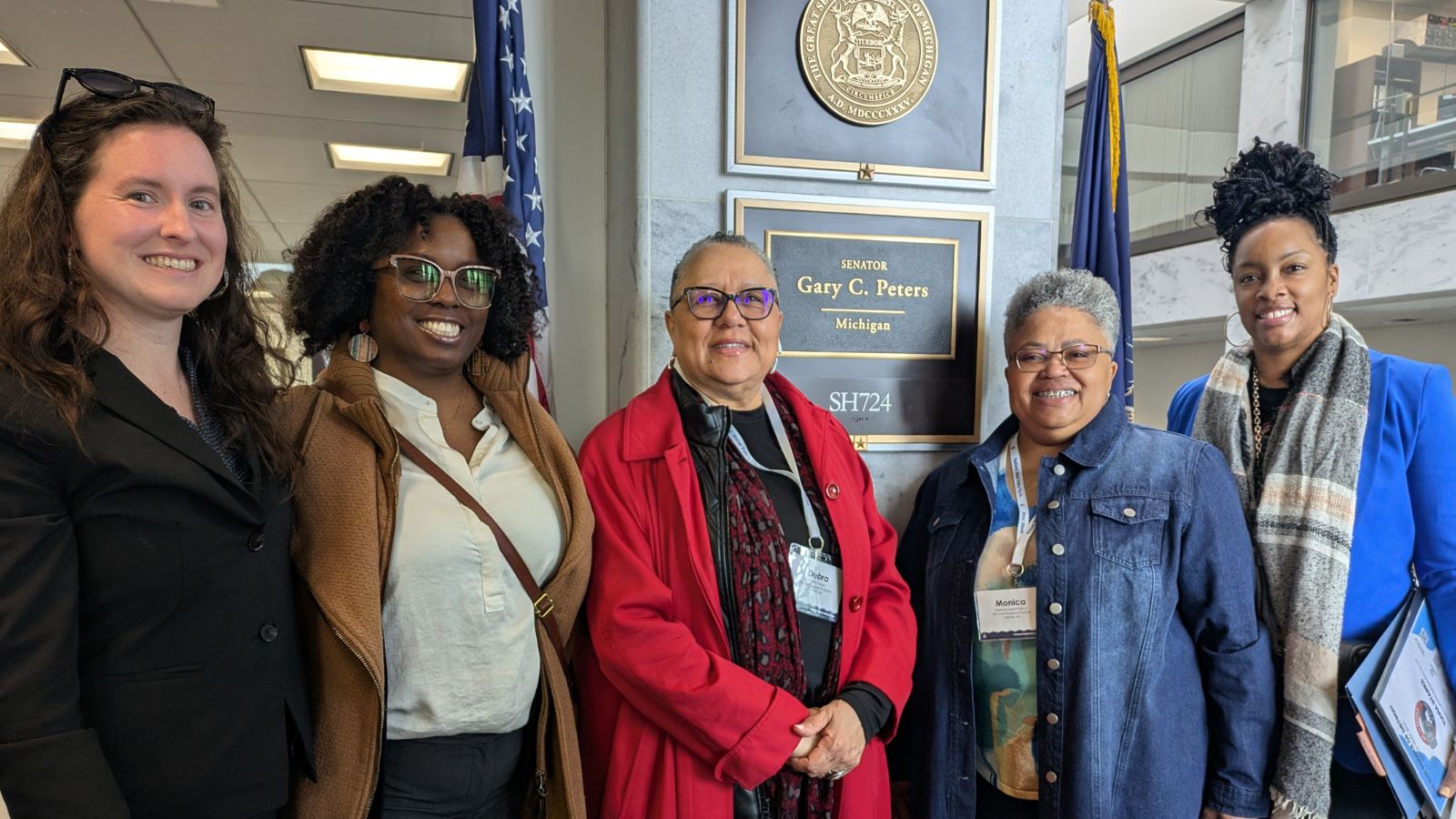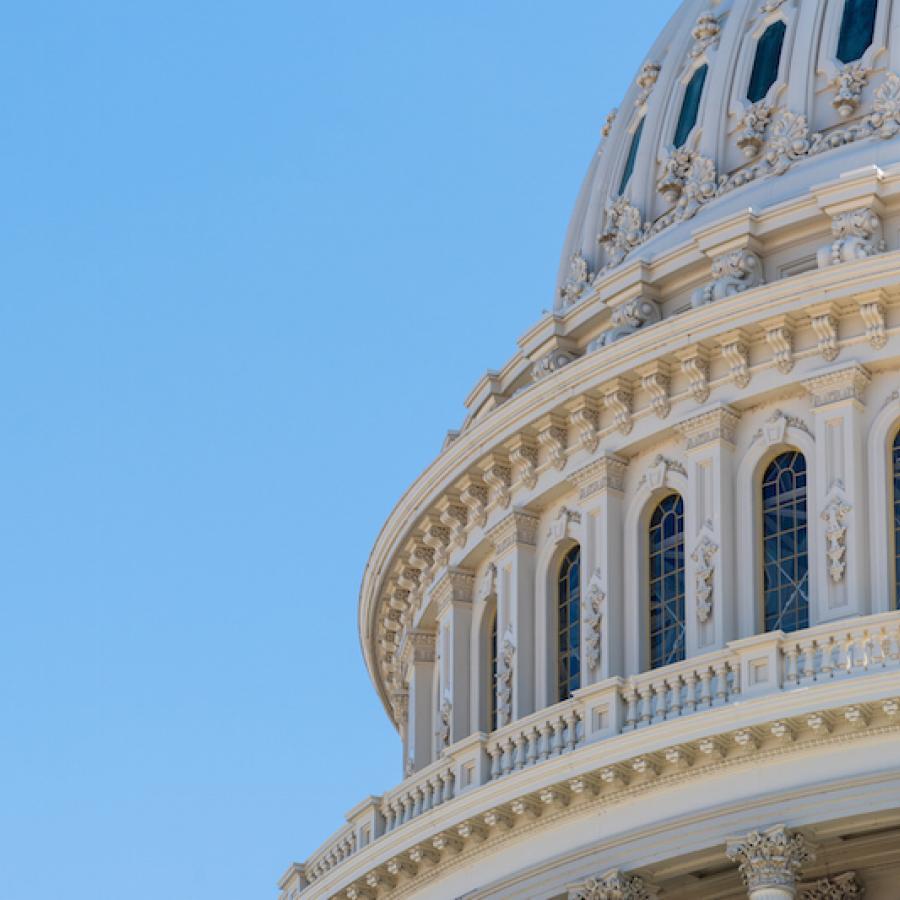Each spring, water utilities, associations, and advocacy organizations come together in Washington, D.C. for Water Week. This year, the Water Equity & Climate Resilience (WECR) Caucus showed up on Capitol Hill to ensure frontline voices were a key part of our shared water agenda. The 2025 WECR delegation was 28 people strong, representing 15 organizations, including our Federal Policy Cohort, leaders from our Water Affordability Workgroup, and the Southern State Revolving Fund Advocacy Cohort. 11 of the 15 were frontline organizations.
The result
Caucus members held more than 30 Congressional meetings, including visits to both House and Senate offices, Republicans and Democrats alike, and committee staff. The WECR delegation brought lived expertise to policy conversations that too often leave frontline communities out. Together, delegates advocated for our shared priorities: to pass a permanent low-income water bill assistance program, secure sustained and equitable funding for water infrastructure, and address water affordability.

(From left) Erin Kanzig, River Network, Norrel Hemphill, Debra Taylor, Monica Lewis-Patrick, and Tiana Starks, We the People of Detroit, about to meet with the office of U.S. Senator Gary Peters.
Delegates advocated for their specific communities, talking to their Congressional representatives about protecting the public from toxic PFAS forever chemicals, consulting with Indigenous communities on land and water policy, and reforming and supporting FEMA to be more responsive in the face of increasing climate disaster.
During Water Week, the Caucus released a short documentary about community leaders in Martin County, Kentucky fighting for safe, affordable water as they deal with the high cost of fixing aging infrastructure. Martin County’s story is not unique and highlights the economic and human toll of unaffordable water.
From water shutoffs to system failures, the message was clear: federal water policy must serve communities historically excluded from decision-making.
Why send a WECR delegation?
Water injustice is rooted in federal systems designed to benefit the white and wealthy. Our presence models a different future — one where frontline leadership drives policy change, and community-rooted solutions shape how resources are distributed.
This work is part of our broader strategy:
-
Federal policy that reflects the lived experiences of communities of color and low-income communities across the United States.
-
Leadership development that builds the capacity of grassroots leaders to navigate DC’s policy landscape.
From intensive prep sessions to real-time advocacy, delegates sharpened their skills and expanded the reach of our movement. Whether through formal meetings or impromptu drop-ins, we made our presence felt — and left a message behind: we can create a future where every person has safe, affordable water, and the people closest to the crisis must lead the way.

